
Prof. Sanjay Bakshi, the authority on value investing, loves talking about investment theory. You can ask him any esoteric question about investing and he will regale you for hours with his wit and wisdom.
However, if you ask Prof. Bakshi about a particular stock, he clams up. He hates talking about specific stocks and making buy/ sell recommendations.
However, if you are patient and attentive, the Prof does let his guard down and blurts out a reference to a stock that he is bullish about to illustrate an investment theory that he is propounding.
Kitex Garments is a classic example of this. The Prof wrote a lecture called “The Importance of Unconventionality” (pdf) to tutor his students about an investing principle of how one should go off the beaten path and look for hidden nuggets in unconventional places.
However, buried in all that theoretical discussion was the explosive revelation that the Prof is bullish about Kitex Garments.
Prof. Bakshi said in the note:
“As gigantic customers like Carter’s, Toys “R” Us, Gerber, and The Children’s Place divert more of their sourcing requirements to Kitex, I expect the company’s revenues and earnings to grow manifold over the next decade.
…..
Despite its tiny size, the company enjoys significant power over its much larger customers which is reflected in improvement in its profitability and working capital situation. EBITDA margins have improved from 16% in 2008 to 24% in FY14. Working capital turns have improved from 4x to 11x over the same period. In FY14, Kitex delivered a 60% pre-tax return on equity with no net debt.”
In a moment of remarkable candour, Prof. Bakshi added that “As I write this, the current market price is Rs 492 per share. I have no target sell price, and I haven’t sold a single share.”
Well, we have to compliment Prof. Bakshi for his brilliant stock picking because today Kitex Garments reported block-buster Q4FY15 results which caused it to surge 20% to touch Rs. 653.
Prof. Bakshi also revealed in the note that he bought Kitex Garments in May 2014. Assuming he paid about Rs. 164 per share, the Prof is basking in gains of nearly 300% in less than a year.
Ashish Kacholia is another ace stock picker who deserves to be complimented. Kacholia bought 500,000 shares of Kitex Garments at about the same time that Prof. Bakshi bought his lot.
Interestingly, Prof. Bakshi and Ashish Kacholia are also jointly bullish about Ashiana Housing.
Vaibhav Global is another stock that Prof. Bakshi is bullish about. In a detailed note, the Prof gushed that Vaibhav Global is a “highly profitable, cash generating, extremely well financed, and dominant business in its space”. He also disclosed that he has bought the stocks “after spending a lot of time thinking about the business, and the man who is running it”.
Whether Vaibhav Global give the same spectacular results that Kitex Garments has given is the million dollar question on everybody’s mind!


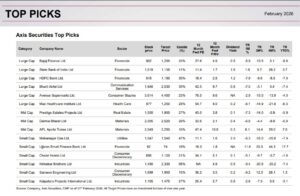
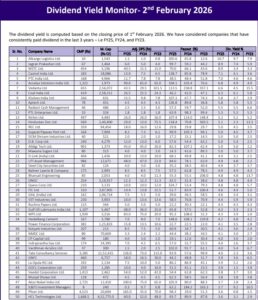
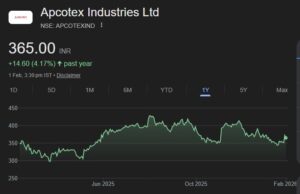
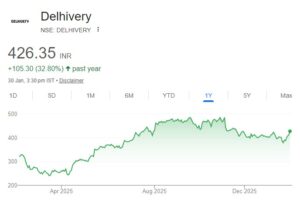
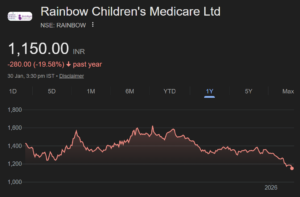
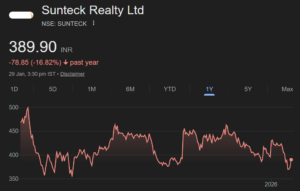
Do you want to know there latest pick. Its uniply industries ltd. Do wait for march quarter shareholding pattern.
let me clear out to u, that 300 percent gain is not on there entire capital. No one invest there entire capital in 1 or 2 stocks only. max they would have invested 10 percent of there capital . which means they earned 30 percent capital returns on there total capital. i bought Ashiana Housing at 40rs with 10 percent capital. so it doesnt mean i earned 350 percent returns. i earned 35 percent on my capital. So correct yourself. 300 percent no one can earn in less then year.
Nice explanation, past one year lot of stocks gave three times return , I am more interested to see portfolio appreciation rather than individual stocks , compare to index growth, that is the real way of measuring wealth appreciation.
I am a bit confused because there are two factors that you think through before making a decision to invest. One side is of course the strength of the business and management, but and second and equally important if not more, is the price that you are paying. At this valuation, is investment in Kitex justified?
I know that such a strong company will not come cheaper (not at least in today’s market). So what should be the strategy here for a long-term investor? Buy now knowing that the business is on strong footing or leave it because the value investing principles will not allow this price? I would be interested to know what the Professor himself would advise at this level.